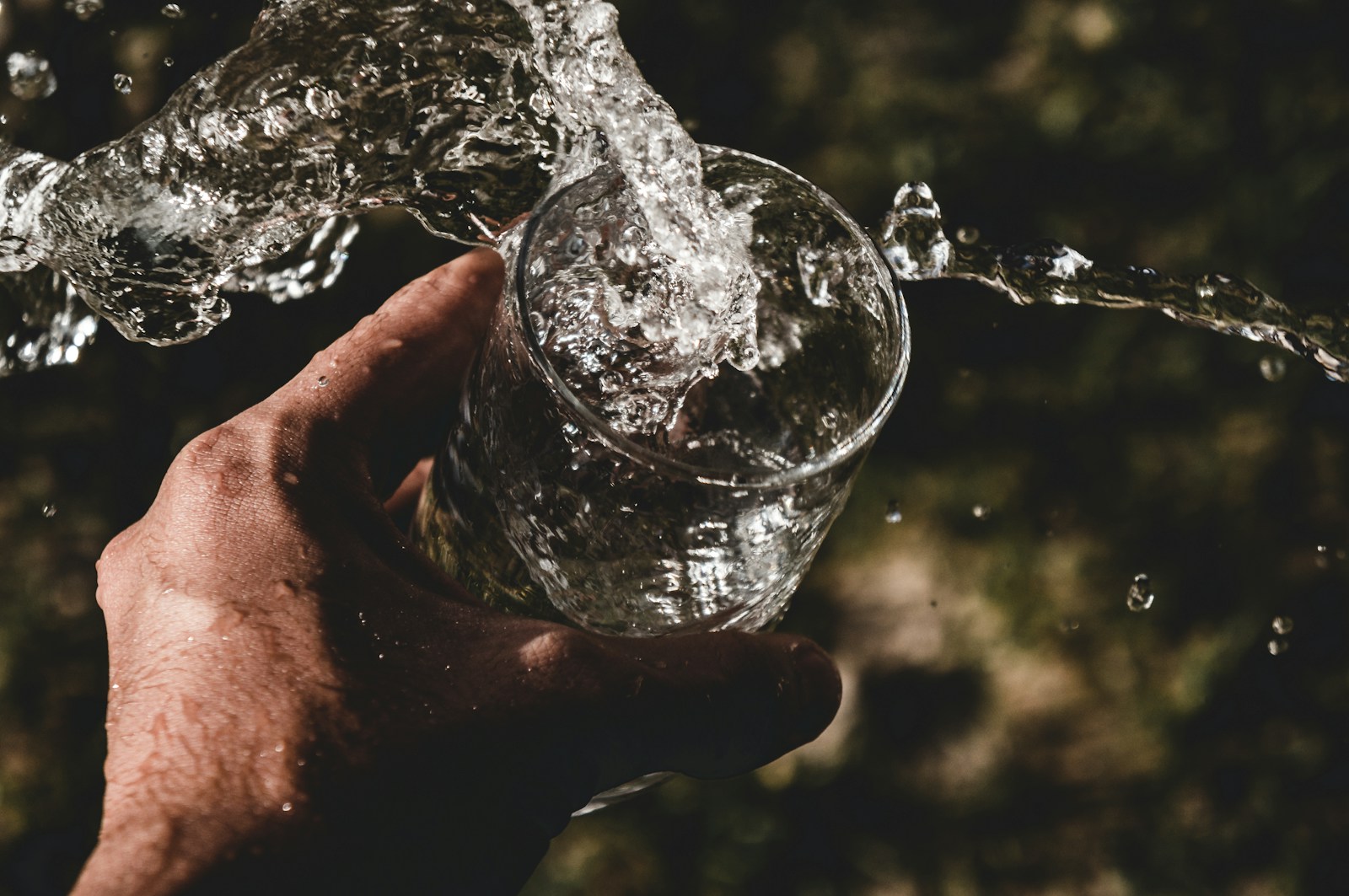![]()
The Thirst Trap : “I’m not feeling too great,” remarked Chef Boy-R-G, the YouTuber, as he struggled through his #gallonchallenge, attempting to down a full gallon of water—128 ounces—in one go. Things weren’t going according to plan. His lips sagged, resembling a fish out of water, as he leaned out of his car door. “Chef Boy-R-G just had a moment,” he declared once he regained his composure. “Forget this water.”
Water? Someone disapproving of water? It seems absurd in this age of peak hydration, where carrying a gallon jug to the gym is the norm, and crowds eagerly await the latest 40oz Stanley bottle release. In our quest for optimal health, smartphone apps meticulously track our daily fluid intake, while a podcast episode by Stanford professor Andrew Huberman titled “How to Enhance Your Water Quality & Intake for Health” racks up over 1.2 million views on YouTube. Meanwhile, #WaterTok garners billions of views on TikTok within a year. Clearly, water is having a moment in the spotlight.
Advocate : The Thirst Trap
However, our obsession with hydration can lead us down a treacherous path. Many of those #WaterTok videos promote water fasting—surviving solely on flavored water—and advocate for guzzling down a gallon each day. Water influencers (yes, they’re a thing now) saturate our social media feeds with misinformation—Drink eight glasses daily! No, drink an ounce for every pound you weigh!—while bro science—Excessive water consumption flushes out toxins!—spreads like wildfire.
The pinnacle of water’s toxic trendiness perhaps arrived late last year when actress Brooke Shields turned blue, frothed at the mouth, and collapsed in a New York restaurant. The culprit? Overhydration, which caused her sodium levels to plummet, resulting in a seizure. “Many fail to grasp the dangers: Drinking too much water is risky and can lead to severe complications such as seizures, brain swelling, and even death,” warns Dr. Robert Glatter, an assistant professor of emergency medicine at Lenox Hill Hospital, who has treated individuals hospitalized due to water fasting. “While most believe more is better, that’s simply not the case.”
Within a single generation, water has evolved from a mundane necessity to a statement of personal style, ultimately becoming the vessel for our aspirations toward wellness. How did we become so fixated on hydration? The science behind it is far from straightforward, particularly concerning the optimal amount of water needed for peak performance versus mere survival.
The concept of ideal hydration is a relatively recent and underexplored area, and surprisingly, even the foremost experts in hydration research hold conflicting views on how much water we should consume and when. Yet, recent studies offer valuable insights, helping us strike a balance between inadequate hydration and overindulgence. To grasp the significance of this pivotal moment, we must trace back to the origins of a persistent myth: the notion that drinking eight 8-ounce glasses of water daily is essential.



